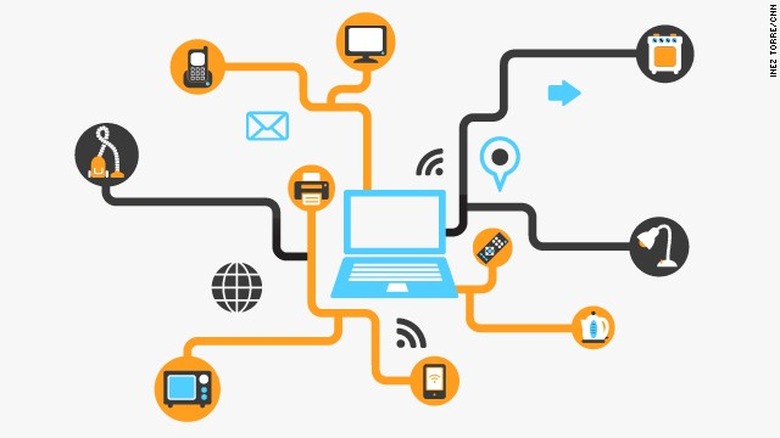Your Entire World Will Soon Be Connected
Intelligent connected machines and services that surround us – effectively known as the "Internet of Things" (IoT) – will become a $309 billion business by 2020, new research from Gartner shows (via ZDNet). To use Samsung's famous tag line for promoting mobile devices, IoT will become "the next big thing" in the years to come, as more and more devices will get Internet connectivity, smart features and some sort of awareness. The firm says that IoT devices in use will grow from 900 million units today to 26 billion units by 2020, at a significantly higher rate than smartphones, tablets and PCs, which will reach about 7.3 billion combined units by the same year.
Adding IoT connectivity features to more devices will be even cheaper in the future, to a point at which some devices may have built-in but unused Internet capabilities, as they wait for proper software to deliver smarter features. "A smart vending machine is not the IoT" Gartner analyst Jim Tully said. "But when that vending machine is smart enough to check if it is empty, place and order to be replenished, deliver the order, complete the order and get the finished order to the customer and all without needing an operator, then that is the IoT in action."
IoT will grow predominantly in areas including medicine, factory automation sensors, industrial robotics, agriculture, automotive, transport monitoring but also water distribution and electrical transmission. Gartner believes that IoT growth will result in $1.9 trillion in global value.
